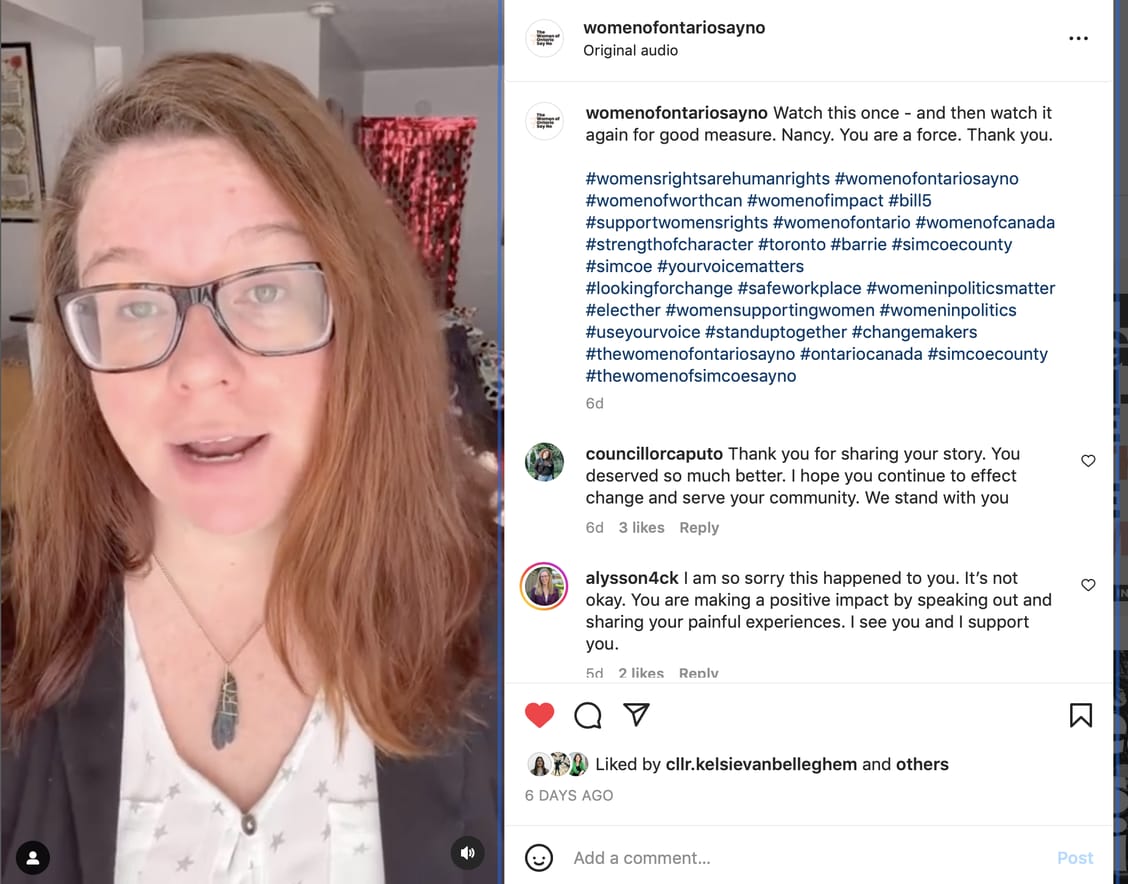
Clearing a New Path™ and Clearing a New Path Podcast™ are products of Radar Media, located in Dorchester, Ontario on the traditional territory of the Anishnabek, Haudenosaunee, Lenape and the Attawondaron or Neutral peoples who once used this land as their traditional beaver hunting grounds.
As a settler here I’m committed to deepening understanding of Indigenous communities and reframing responsibilities to land and community.
I am grateful to Mother Earth for the opportunity for love and connection and to the spirits of the Elders and the Medicine People who still walk the Earth.
MARCH 3, 2023
I come to this work as a white woman of privilege; a vulnerable allyship student.I get things wrong often and I am open to, and welcome opportunities to be called in about the content in this newsletter, in order to create safe, brave spaces for all.The purpose of this newsletter, and the podcast is to unite people in rural Canada.I am grateful to walk along this journey in grace, love and empathy as we hold space for one another.
Solutions-based journalism is reporting about people and organizations responding to social problems.Your support, no matter the size, is greatly appreciated.
WATCH A VIDEO SUMMARY OF THIS NEWSLETTER

A COMMUNITY APPROACH TO
RURAL CRIME PREVENTION
In our last episode, we talked about just one element of crime in rural Canada, intimate partner violence, with Pamela Cross of Luke’s Place.
She mentioned that in Ontario we have what’s called a Community Safety and Well-being plan. This is a framework for municipalities to utilize for their own communities. Four areas are highlighted as critical to success: social development, prevention, risk intervention, and incident response.
Jean Bota is the board chair for the Alberta Community Crime Prevention Association, a position she has held since 2016. She understood from first hand experience, as a rural Alberta resident and also as a former rural Alberta county councilor, that rural communities require a unique framework when it comes to crime prevention.
In this episode, Jean explains how the “Building Capacity in Rural Crime Prevention Project” came to pass, the pilot programs they ran in rural Alberta communities, the template that has been developed from those pilots and how you can access them for your own rural Canadian community.


INTERNATIONAL WOMEN’S MONTH:
AMPLIFYING RURAL-BASED WOMEN

According to census data, East Gwillimbury, Ontario is among Canada’s fastest growing municipalities. But how is that growth being managed as it relates to immigration and diversity?
Meeta Gandhi is an award-winning communications professional with experience in both the federal and municipal sectors. Meeta joined the Town of East Gwillimbury last year where she is the Director of Communications, Customer Service, and Diversity and Inclusion.
Prior to working with East Gwillimbury, Meeta was the Director of Strategy, Innovation and Engagement at the City of Richmond Hill and before moving to municipal government, Meeta worked with the federal government for 20 years in various roles.
At home, Meeta and her husband have a blended family of 4 grown kids and their dog, Leo.

FUTURE TOPICS
Next week: On Family Day, I had a fabulous conversation with four new female municipal councillors serving in Ontario, and they reflected on a number of topics in their first 100 days in office: the barriers they faced winning the seat but also the privilege it takes to even run a campaign in our current system. Lyndsay Wilson is serving Ingersoll, Ontario, Kate Leatherbarrow serves in Woodstock, Ontario, Kelsie Van Belleghem in Kenora, Ontario and Alysson Storey serves Chatham-Kent, Ontario.
Another topic that came up was online harassment.
This is now so pervasive, Councillor Kelsie Van Belleghem actually set out boundaries for her interaction as a city councillor and many others have utilized her Instagram post as a template for their own.


Coming soon: This is WHY Kelsie had to set boundaries…
A bill is being introduced to the provincial legislature by a grassroots group named Women of Ontario Say No .
“Bill 5 amends the Municipal Act, 2001 and the City of Toronto Act, 2006.
It will permit municipalities to direct the Integrity Commissioner to apply to the court to vacate a member’s seat for failing to comply with the municipality’s workplace violence and harassment policies.”
Below is a video from former assistant to Ottawa City Councillor Rick Chiarelli, Nancy O’Brien. She talks about the trauma she experienced because of the extreme harassment she faced. Although not a rural councillor, this is even more prevalent in spaces where equity is not even a consideration.
Why is this acceptable? We’ll speak with the head of Women of Ontario Say No, campaign, Emily McIntosh. #womenofontariosayno

Also, because it’s Women’s Month, we’ll highlight PARO Centre for Women’s Enterprise, an organization serving women entrepreneurs in Ontario, and hear from one of their own business advisors, a serial entrepreneur herself, Gitanjali Aggarwal.

Want to suggest a topic?I'm always open to amplifying you and/or your organization.Want to partner with me?Send me an email and/or leave a voice message.
Like this newsletter?Please help fund original stories focused on rural Canada.Every donation helps!
SUPPORTERS
This newsletter and the Clearing a New Path™ podcast are supported by Xplore Business, formerly Xplornet Enterprise Solutions.







Copyright ©
